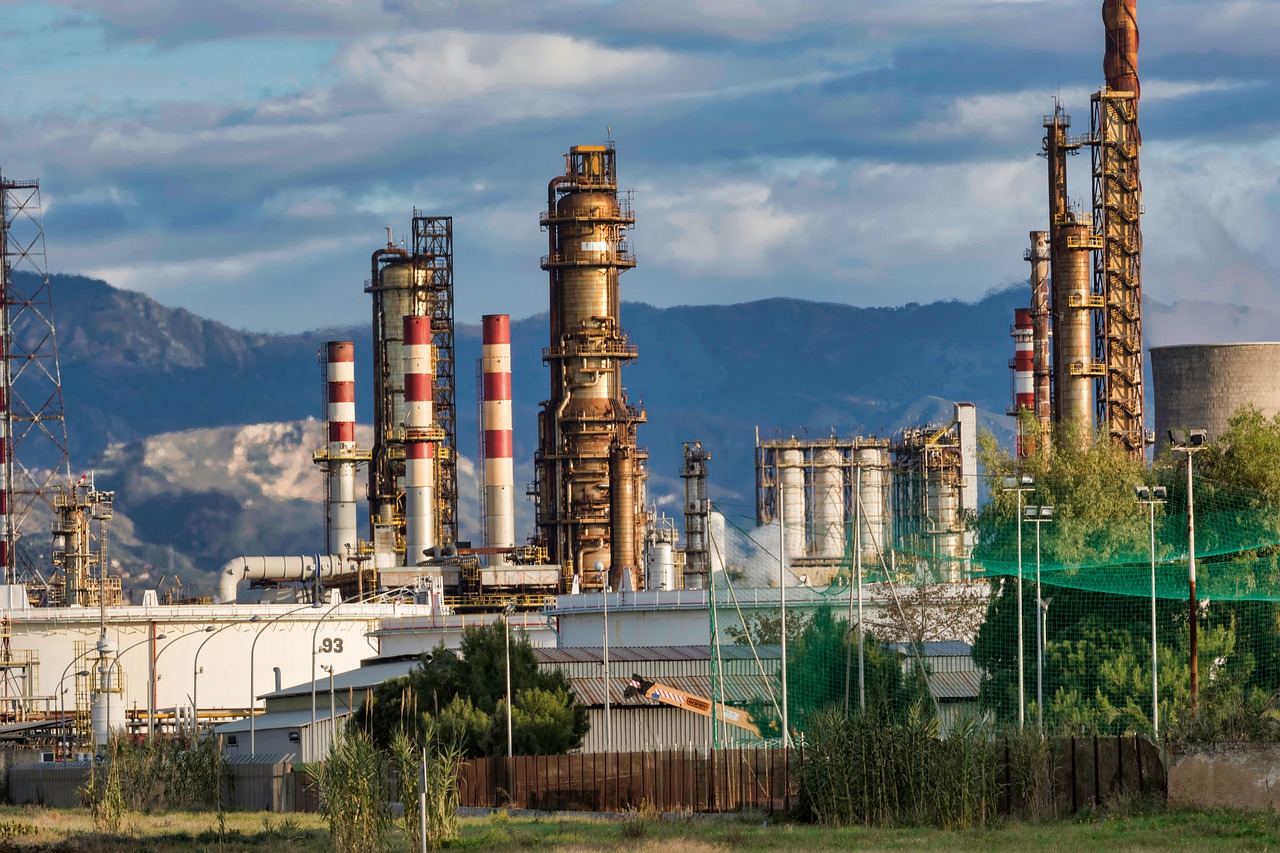
A new report from British multinational oil and gas company BP PLC indicates that oil demand may have peaked in 2019 and may never recover from the coronavirus pandemic.
The BP report, which examined the global market for oil, forecasts a decrease in oil demand over the next 30 years. The oil company presented three scenarios for energy demand, all of which point to the long-term decline in demand.
BP pointed out that the scale and pace of the decrease will depend on the increasing efficiency and electrification of road transportation.
BP oil demand forecasts
In the first scenario, the company predicts the market to be "business-as-usual," wherein government policies and social preferences will be the same as in the recent past.
As a result, oil demand will slightly pick up following the pandemic but will plateau by around 2025 before starting to decline after 2030.
In the two other scenarios laid out by BP, governments will take more aggressive measures to reduce carbon emissions and there will be significant shifts in societal behavior.
This will mean that oil demand will not be able to recover from the impact of the pandemic and it will also mean that oil demand peaked in 2019.
The new report contrasts with the firm's 2019 one, in which BP expected growth in oil demand to continue into the 2030s.
The dramatic shift in forecasts demonstrates the large impact of the coronavirus pandemic on global energy markets. According to analysts, the crisis will boost the shift away from fossil fuels towards renewable forms of energy.
Renewed restrictions over a second wave of coronavirus may also increase the probability that the behavioral changes toward energy demand become permanent. BP argues that that as working from home continues, demand for travel further weakens.
Less optimistic view
The Organization of the Petroleum Exporting Countries (OPEC) is a little more bullish with oil demand than BP as it expects it to grow albeit at a slower pace in 2021 than it predicted last month.
OPEC Secretary General Mohammad Barkindo claimed that while the global economy is recovering at a slower pace than OPEC had earlier predicted, it is still expecting demand to rise in the first half of 2021.
Barkindo said: "We remain cautiously optimistic that the worst is over and that what we are facing is a recovery. But the shape and form of that recovery is still of some contention."
However, BP is less optimistic about the oil sector and is attempting to move away from it after a century of exploration. Its new strategy involves a 10-fold increase in annual low carbon investments to $5 billion by 2030, when it forecasts its oil and gas production to have fallen by 40% from 2019 levels.
Susannah Streeter, a senior investment and markets analyst at Hargreaves Lansdown, said: ''As difficult steps go, BP's pirouette from traditional oil company to green energy giant ranks among the more challenging."
"The company still produces 2.6 million barrels of oil a day, and making an abrupt heel-turn away from its core business towards renewables could see investors used to steady returns, leaving their seats and heading for the exit," she added.






